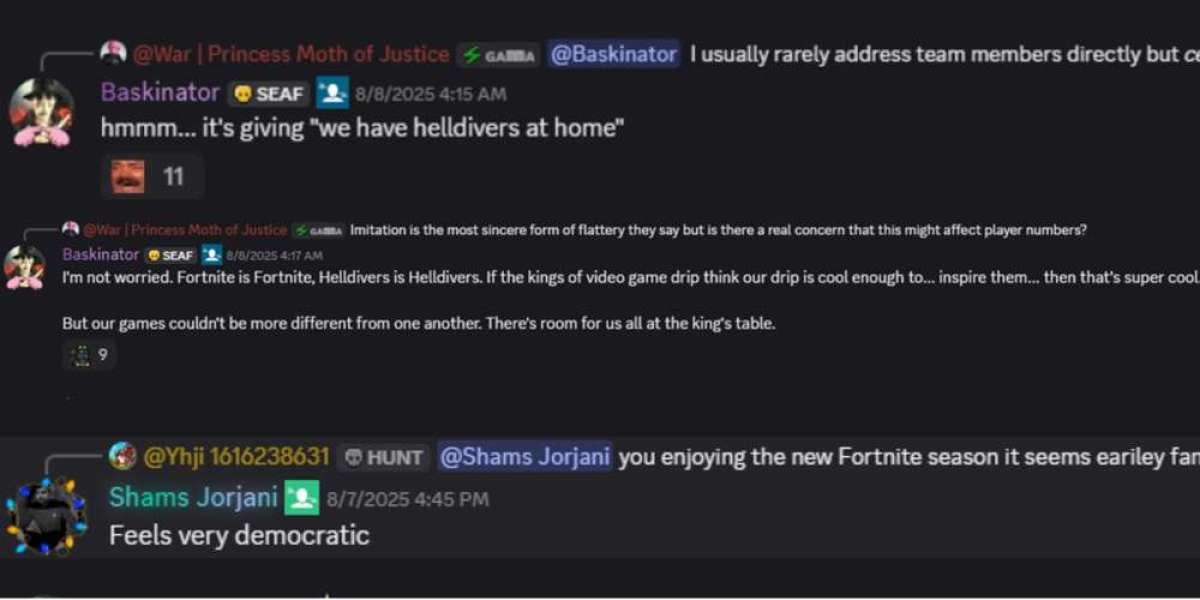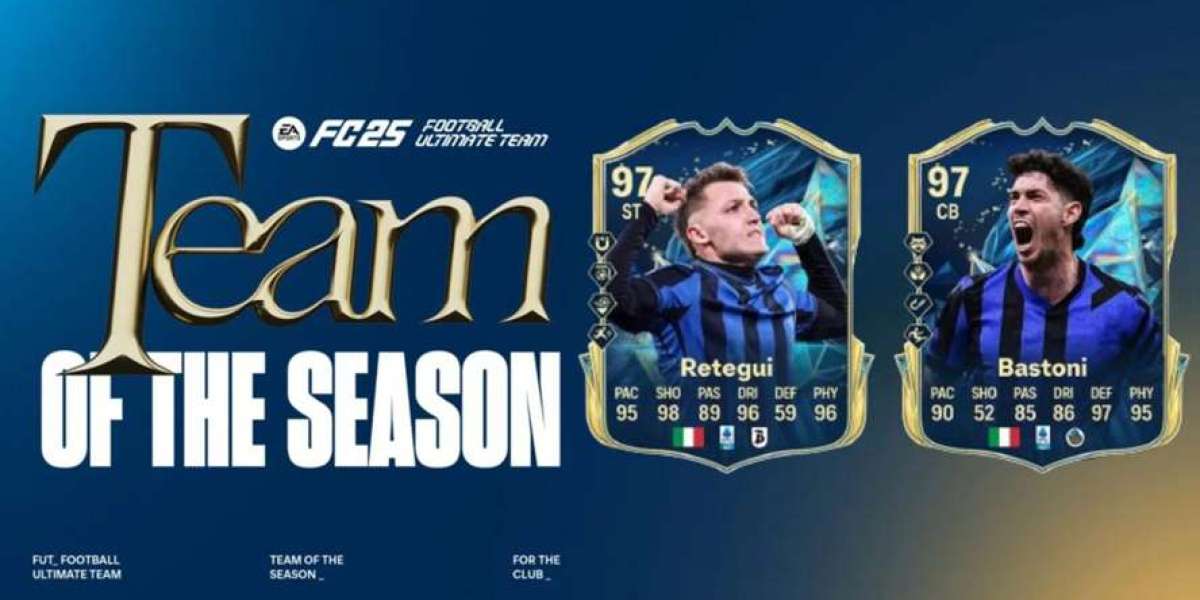As Marvel Rivals continues to gain traction as a fast-paced, hero-based shooter, players are naturally comparing its monetization model to other popular titles. One of the most pressing concerns for the community is whether the Marvel Rivals Bundles are fair for free-to-play (F2P) players or if they tip the balance in favor of paying users. This article explores five key aspects of this debate, aiming to provide a clear and balanced perspective.
1. Gameplay Balance vs. Cosmetic Advantage
At its core, Marvel Rivals claims to be a skill-based game where cosmetics don’t affect gameplay. The bundles offered, especially those containing exclusive skins, emotes, and banners, are said to be purely aesthetic. However, in practice, certain skins may offer visual advantages or distractions in competitive settings. While they don’t directly alter stats, their presence can subtly affect perception and visibility in-game, leading to a perceived imbalance among players who can’t afford to buy Marvel Rivals Bundles.
2. Accessibility of In-Game Currency
Free-to-play players often rely on grinding to earn in-game currency. In Marvel Rivals, the current system rewards consistent play, but acquiring enough resources to match what’s included in premium bundles can be extremely time-consuming. This creates a gap in progression and customization between paying and non-paying users, even if it’s not a pay-to-win structure. While it’s possible to save and eventually purchase certain cosmetics, the limited-time nature of bundles makes this increasingly difficult for F2P players.
3. The Psychological Pull of Limited-Time Offers
One of the major criticisms revolves around the psychological tactics used in bundle promotions. Time-limited deals, exclusive cosmetics, and FOMO (fear of missing out) drive players toward making purchases they might otherwise avoid. For those who want to buy Marvel Rivals Bundles cheap, this creates pressure to spend before options disappear. Free-to-play players are often left feeling like outsiders in a constantly evolving visual meta, even if they have the skills to compete.
4. Value for Money and Bundle Structuring
From a pricing standpoint, the question isn’t just whether you can buy Marvel Rivals Bundles, but whether they’re priced fairly relative to what they offer. Compared to similar hero shooters, the bundles in Marvel Rivals often include a mix of cosmetics and utility items (such as XP boosts), with a variable cost. While some bundles offer good value for money, others seem inflated, particularly for limited skin sets or crossover content. This inconsistency affects both paying and F2P players, but the impact on the latter is more severe due to fewer alternatives for earning equivalent content.
5. Community Impact and Player Sentiment
Community sentiment plays a crucial role in any game's longevity. In online forums and social media, many F2P players have voiced frustration over the lack of alternative ways to unlock bundle-exclusive items. The perception of unfairness can discourage engagement and lead to player churn. Game developers must find a balance between monetization and inclusivity, ensuring that those who don’t buy Marvel Rivals Bundles still feel like valued members of the community. Offering occasional free bundle rotations, event-based unlocks, or more generous in-game currency rewards could bridge this gap.
Conclusion
Marvel Rivals Bundles are not inherently unfair, but the current system places free-to-play players at a disadvantage in terms of access and experience. While the game avoids direct pay-to-win mechanics, the reliance on timed cosmetics and limited in-game earning options can be discouraging. For players looking to buy Marvel Rivals Bundles cheap, third-party marketplaces like U4GM provide some relief, but the broader question remains: how can the game remain accessible and enjoyable for everyone, regardless of spending habits?







